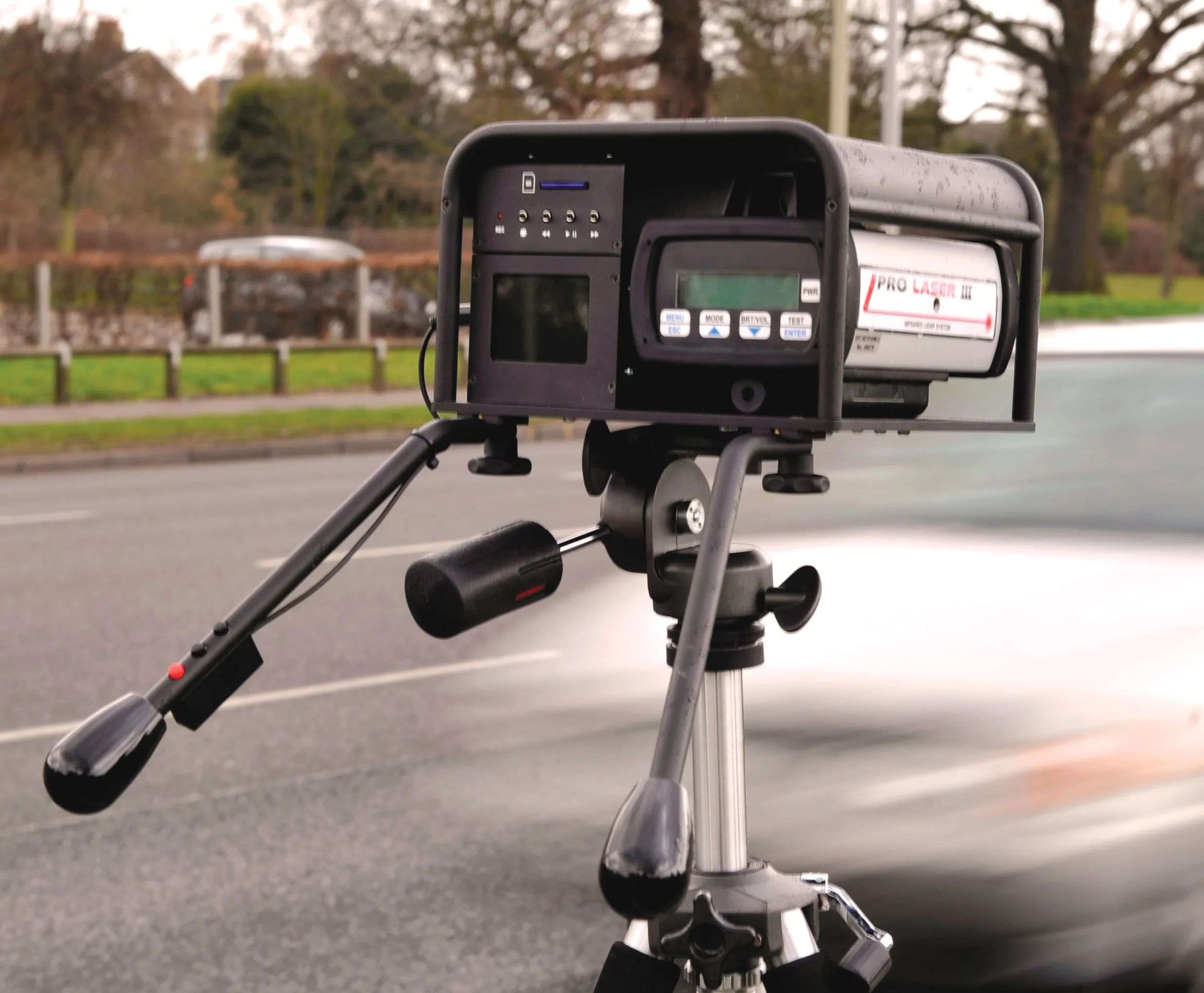Smart Signal Technologies has launched what it claims is a remarkable new product that will save taxpayers millions of dollars annually as it improves traffic signal performance along congested signalised arterial corridors. The product, a compact device with powerful data collection and communication features, permits the gathering of high resolution data for processing into actionable real-time information to measure and monitor signal and corridor performance.
Using unique AdaptiTrol technology licenc
April 20, 2012
Read time: 2 mins
Using unique AdaptiTrol technology licenced from the
The company also offers software to private sector signal timing engineers and consultants, enhancing their ability to perform timely and accurate signal timing studies for their public agency clients.
The technology was developed as part of a research project led by Professor Henry Liu, of the University of Minnesota’s Department of Civil Engineering, and a company cofounder, with funding and support from MnDOT, Hennepin County, UMN’s ITS Institute and the City of Pasadena. The decision was made to commercialise the technology after field results indicated far-reaching benefits of wide deployment.









